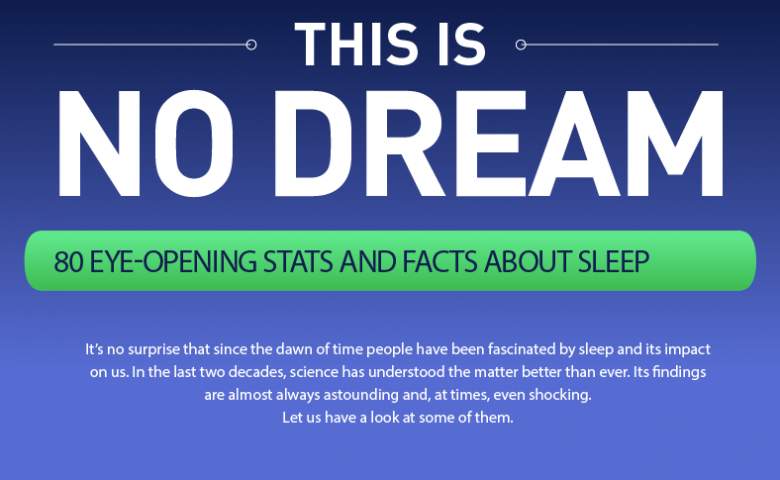Sleep plays a major role in well-being and good health throughout our life. In fact, the way we feel while being awake depends in part on how well we slept. We all know how lousy we feel when we’re sleep-deprived.
When you sleep, your brain recharges, removing hazardous proteins that accumulate during the day as by-products of regular neuronal activity. We can’t stress enough the benefits and importance of high-quality sleep. In children and teens, for example, quality sleep is essential for supporting their growth and development.
The damage from sleep deficiency can occur instantaneously, or it can harm us over time. For example, sleep deprivation can lead to serious health problems. It can also have an impact on how we learn, think, work, react, and get along with others.
To get a better understanding of what happens to our body when we sleep, we’ll discuss the stages it goes through before we wake up.
The body goes through the sleep cycle 4-5 times. Each cycle consists of five different stages, and on average, lasts between 90-120 minutes. Each of these stages and cycles is linked to specific brain waves and neuronal activity.
During stage one, eye movement and muscle activity slow down. This is basically a changeover phase from wakefulness to sleep.
Stage two is when your eye movements stop, and your body temperature drops. Your brain wave activity slows down, and your heart rate slows down even further. The first two stages fall into the “light sleep” category.
The third stage is characterized by the release of bone and skin repair hormones. This is why skin cells regenerate faster at night than daytime.
During the fourth stage of sleep, the physical energy is replenished because the supply of blood to the muscle increases. It becomes difficult to wake up, which is why people who are roused from this state feel disoriented.
After the deep sleep stage (third and fourth stage), the REM sleep occurs. During REM, your eyes move rapidly from side to side behind closed eyelids. Most of your dreaming occurs during this phase, and your muscles become temporarily paralyzed, which basically prevents you from acting out of dreams.
If you’re interested in learning more insightful facts about sleep, then read the full infographic over here:
https://disturbmenot.co/stats-and-facts-about-sleep-infographic/

Check Also
Freedom Unleashed: Inpatient Rehab’s Tailored Recovery
Ready to break free from addiction and take control of your life? Crestview Recovery Center …
 Infographic Portal New Infographics Resource Portal
Infographic Portal New Infographics Resource Portal

Oh yea, I forgot to mention: I DIDN’T KNOW NOT SLEEPING COULD KILL YOU OMG. I once didn’t sleep for like, 8 days so if I decided not to sleep for 3 more days I would have died, yea I never ended up getting that sleep by the way, so I just sent it later on